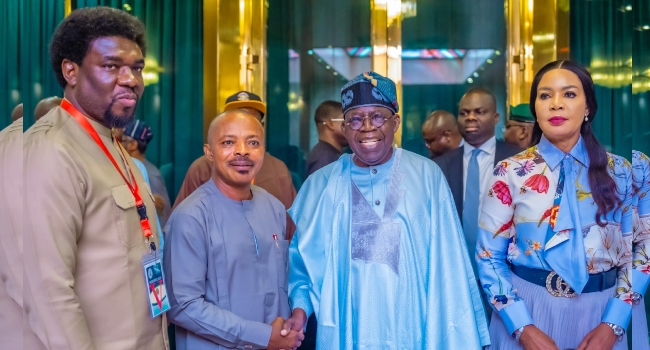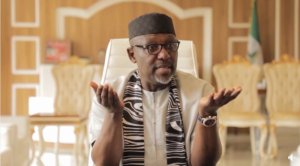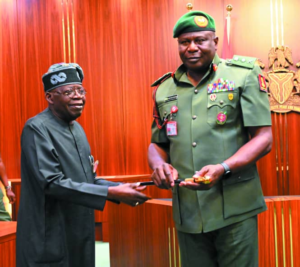
In a landmark decision, the Federal Government of Nigeria and the Organised Labour have agreed to raise the national minimum wage to ₦70,000. This agreement was reached during a meeting between President Bola Tinubu and the leaders of the Nigeria Labour Congress (NLC) and the Trade Union Congress (TUC) on Thursday in Abuja.
Historic Agreement
The announcement was made by the Minister of Information, Mohammed Idris, who expressed satisfaction with the new agreement. “We are happy to announce today that both the Federal Government and the Organised Labour have agreed on an increase to ₦70,000,” he said, noting that the President is expected to submit this new figure to the National Assembly for approval.
Regular Wage Review
Joe Ajaero, President of the NLC, confirmed the new minimum wage and stated that the agreement includes a provision for reviewing the wage every three years, rather than the previous five-year interval. “We will not wait for another five years to come and agree,” Ajaero emphasized. He also mentioned that the Organised Labour would consult with their members on the ₦70,000 benchmark.
Addressing Educational Staff Concerns
Nkiruka Onyejeocha, the Labour Minister, stated that President Tinubu has instructed the Ministers of Finance and Budget to work on resolving issues with the Senior Staff Association of Nigerian Universities (SSANU) and the Non-Academic Staff Union of Educational and Associated Institutions (NASU).
Background of Negotiations
The decision comes after prolonged discussions and negotiations. Initially, a tripartite committee proposed a new minimum wage of ₦62,000, while labour unions had called for ₦250,000, arguing that the current ₦30,000 minimum wage was inadequate given the economic conditions. President Tinubu, in previous meetings, had called for realistic expectations and assured that a new minimum wage would be implemented promptly once agreed upon.
State-Level Adjustments
This federal decision follows recent wage adjustments in various states. For instance, Edo State Governor Godwin Obaseki increased the state minimum wage to ₦70,000, effective from May 1, 2024, and Cross River State Governor Bassey Otu announced a living wage of ₦40,000 for the state’s least paid civil servants.
Implications for Nigerian Workers
The new national minimum wage of ₦70,000 represents a significant step towards improving the livelihoods of Nigerian workers amidst challenging economic conditions. The agreement reflects the government’s commitment to addressing inflation and the high cost of living, providing much-needed relief to workers across the country.






Be First to Comment